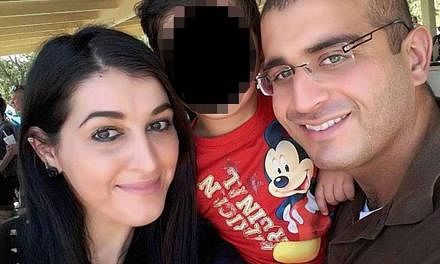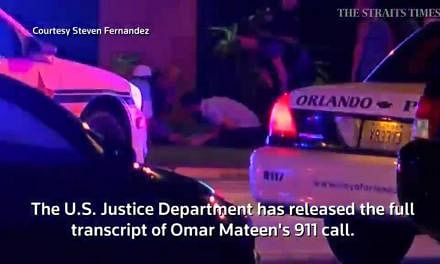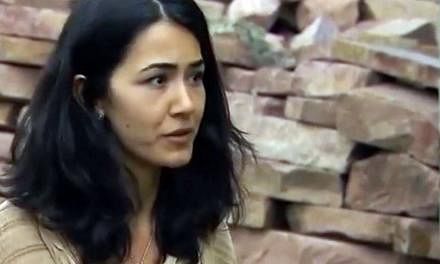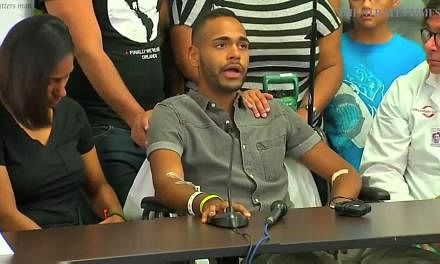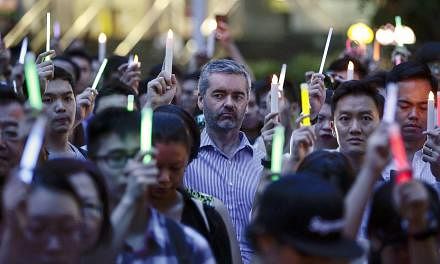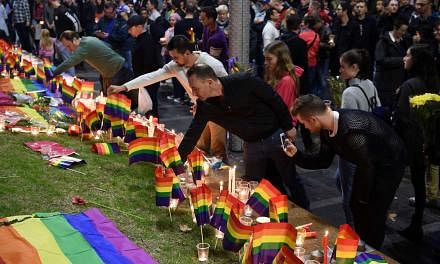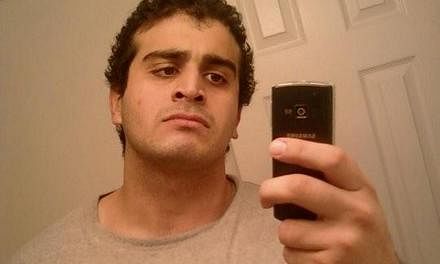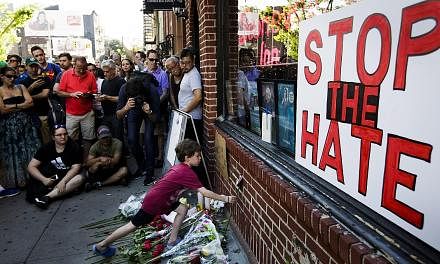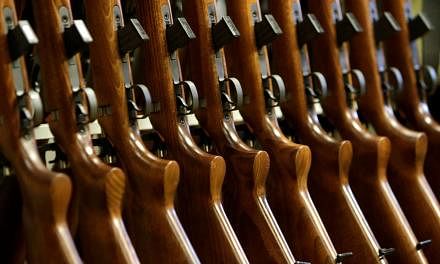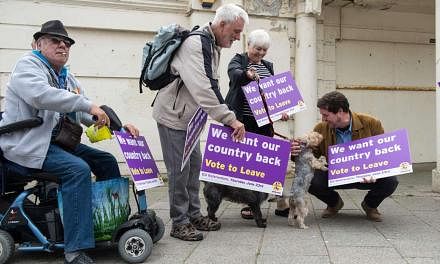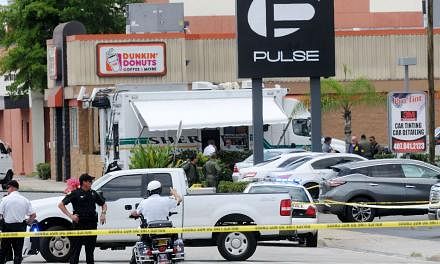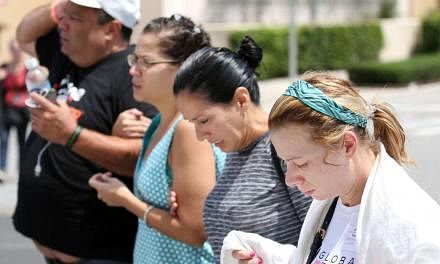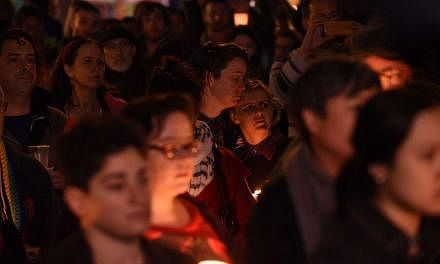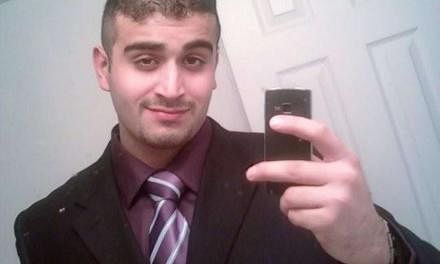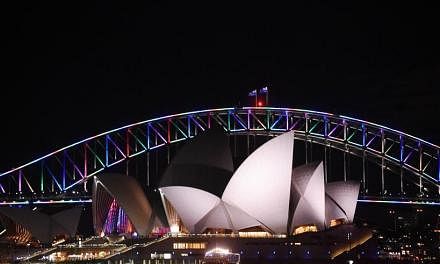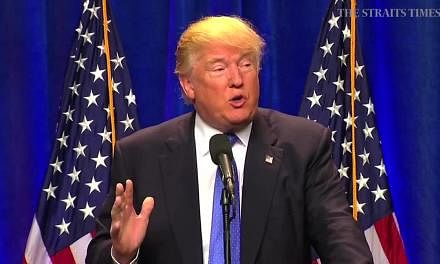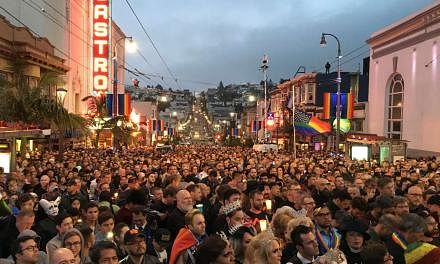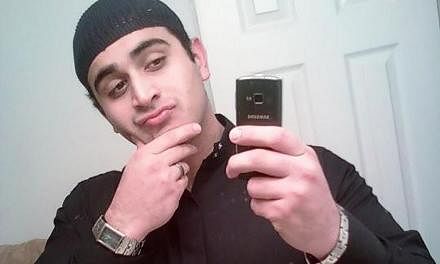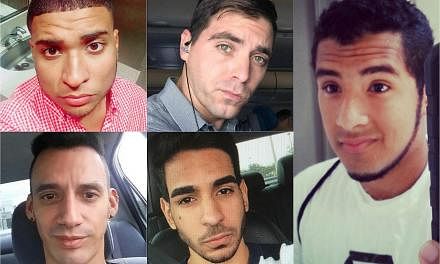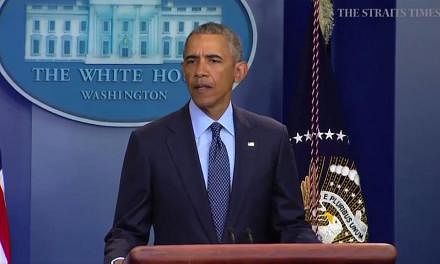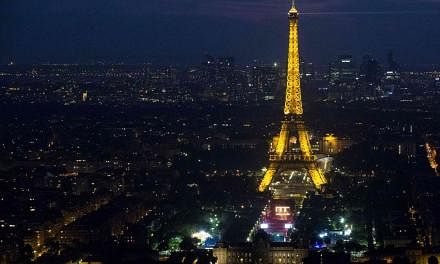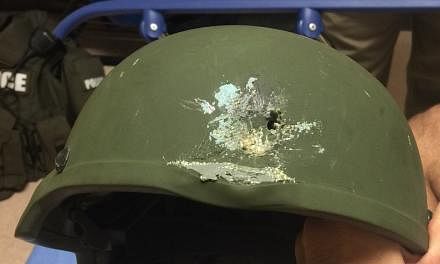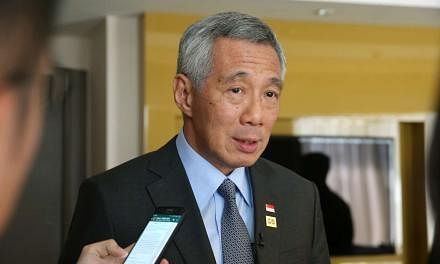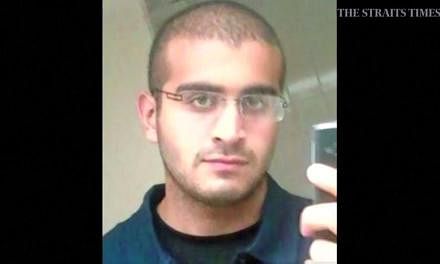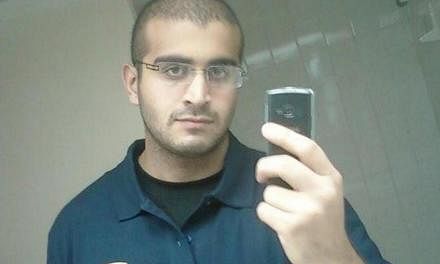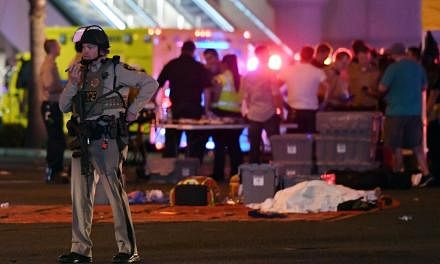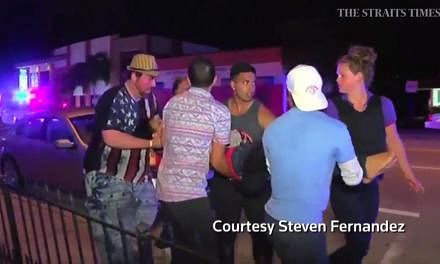ORLANDO/CHICAGO (Reuters) - It was a carefree"vacilón" - a pumped up party - at Orlando's Pulse nightclub on Saturday night, full of Latinos dancing to salsa, bachata and thumping reggaeton at the gay club's Latin music night.
By early Sunday morning, the party was shattered by the biggest mass murder in modern United States history. Most of the 49 people shot dead by a single gunman were Latino, more than half of them of Puerto Rican origin and four of them Mexican citizens, according to officials.
For Puerto Rico, it was the latest and most tragic in a litany of hardships to afflict the US territory, ranging from a crippling US$70 billion debt to an exodus of its youth to the United States in search of jobs.
For Hispanics throughout the country, it was a shock to see so many Latino names on the list of the dead, and many were concerned that the tragedy affected a vulnerable subset of Latinos in the lesbian, gay, bisexual, transgender and queer (LGBTQ) community.
"We are in crisis," said Ms Zoe Colon, director of Florida and Southeast Operations for the Hispanic Federation, a national community service group.
"What happened yesterday was not only an attack on our brothers and sisters of the LGBTQ community, but also an attack on our Hispanic community," she said at a news conference with more than 20 organizations that work with Latinos in and around Orlando.
Ms Colon said victims and their families needed services such as hotlines and counseling in Spanish. Some victims would need assistance applying for visas specific to victims of crime. And she expected many families will need help raising funds to bury loved ones back at home, particularly in Puerto Rico.
Close to 30 per cent of Orlando's population is Hispanic, and some 300,000 people of Puerto Rican heritage live in the metropolitan area. The Puerto Rican government set up a regional office in Orlando two years ago to support the community there.
Officials from Puerto Rico and Mexico said they were working to get support in place for families. Puerto Rican Governor Alejandro Garcia called the shooting hateful and said family members of workers in his administration had been killed.
"We are helping to orient families with any paperwork they have to go through to bring home the bodies of the victims to the island," Mr Rolando Padua, deputy secretary of state for the Puerto Rican government, told Reuters by telephone.
Mr Jose Calderon, president of the national Hispanic Federation, noted that many gays migrate to the United States from Latin America to escape discrimination in their home countries where homophobia may be more prevalent.
"It happens all the time. People flee Puerto Rico and come to the US because of our greater freedoms. That compounds the tragedy," Mr Calderon said.
JetBlue airline said it is providing free seats on flights to and from Orlando, from any destination they fly to, for immediate family and domestic partners of victims who were killed or injured.
Meanwhile, things took a turn for the worse in Puerto Rico on Monday as the US Supreme Court refused to revive a local debt-restructuring law, leaving the island at risk of a messy default unless Congress passes legislation soon to help it survive the crisis..
In Orlando's Latin music community, people said they were at least relieved that one of the Pulse DJs, Ray Rivera or DJ Infinite, got out alive after helping to shield two people in his booth.
Mr Ramon Enrique Gomez, an Orlando DJ known as Candy Boy said:"This really hits us Latinos because our music is about celebrating life."

